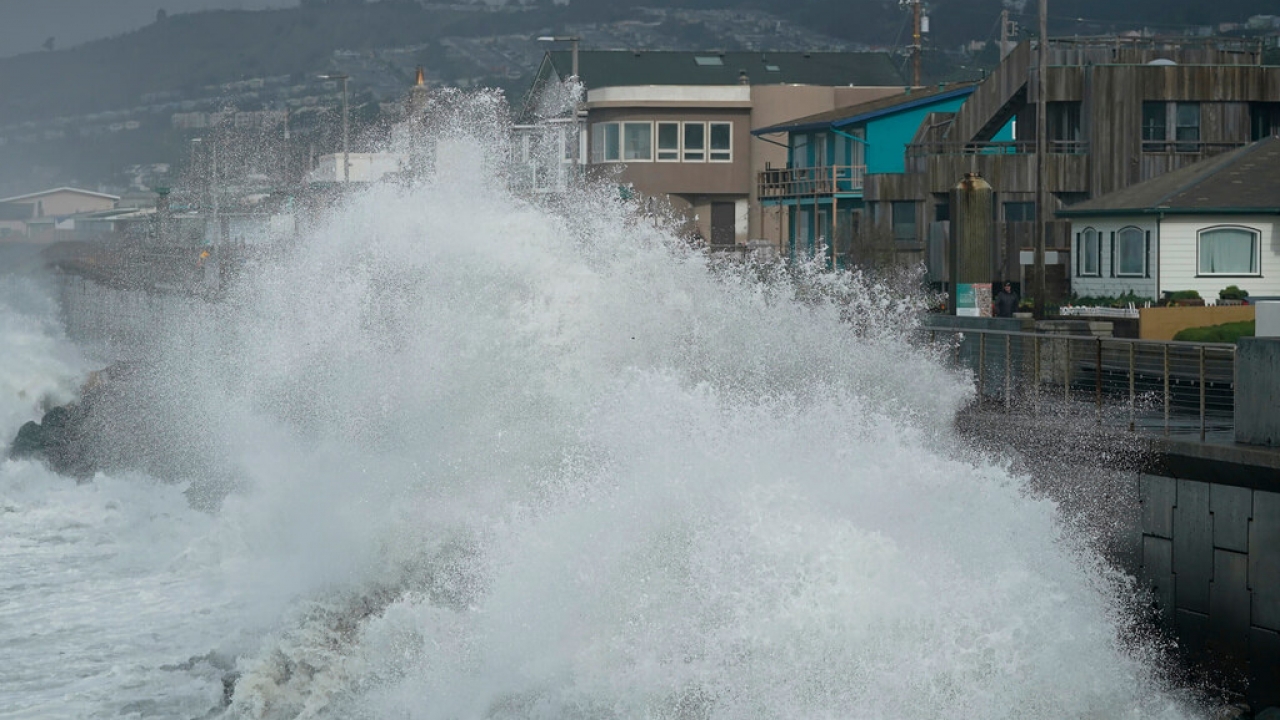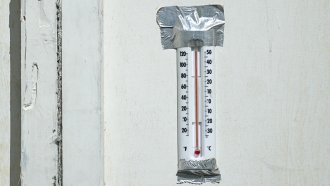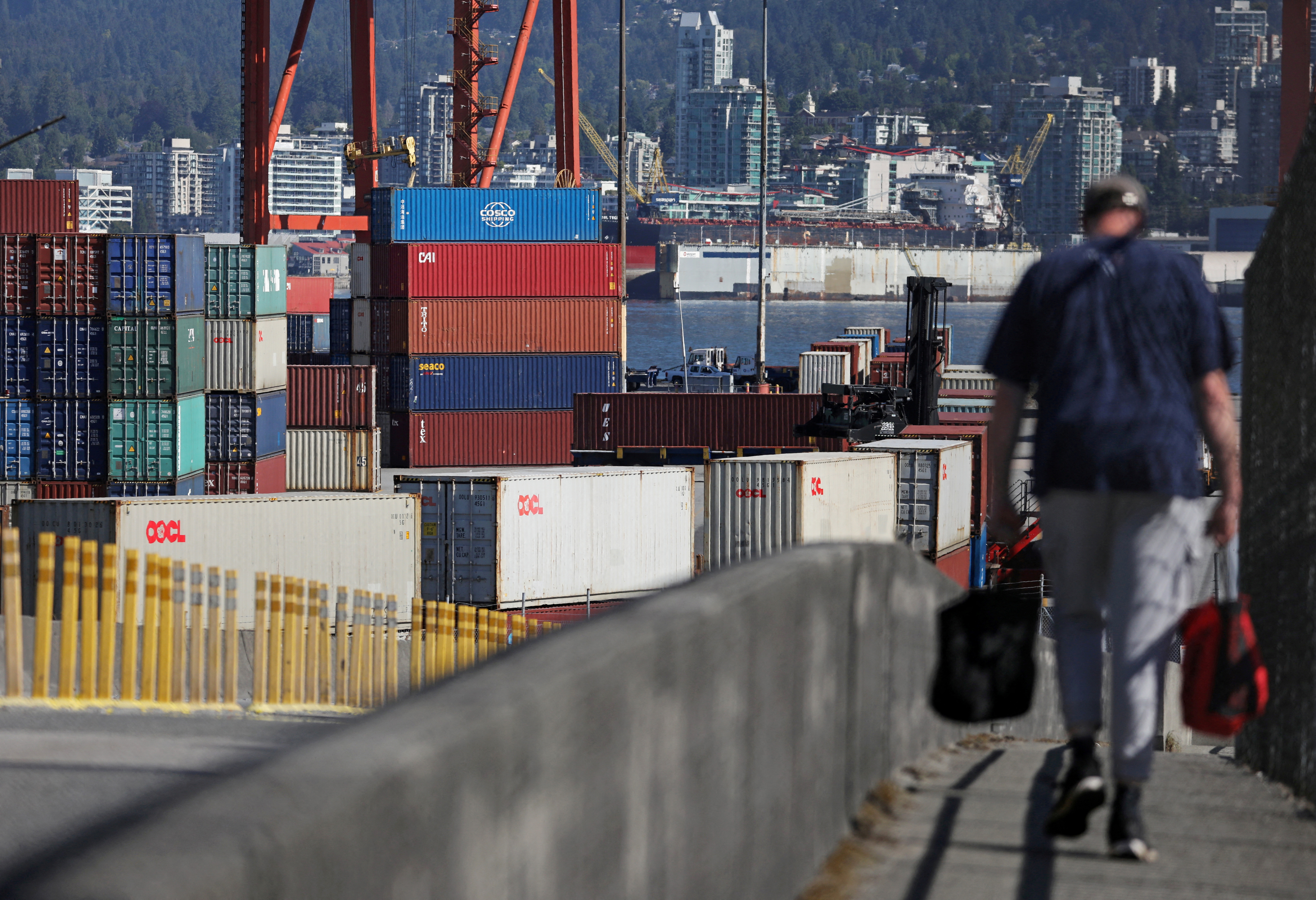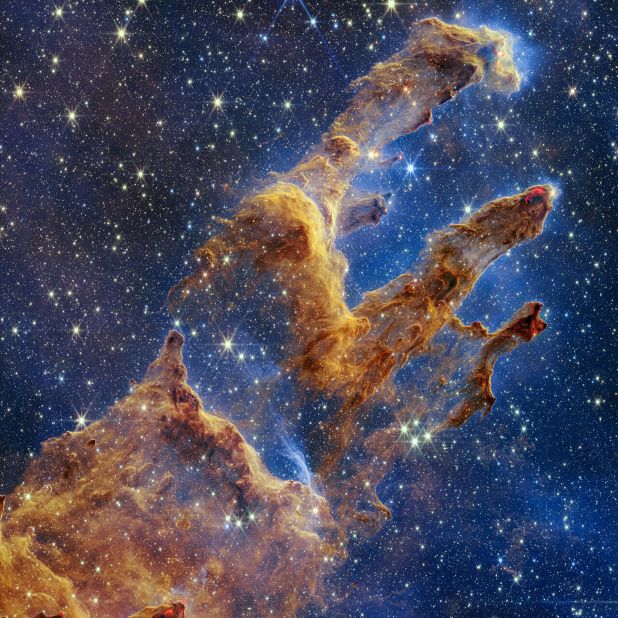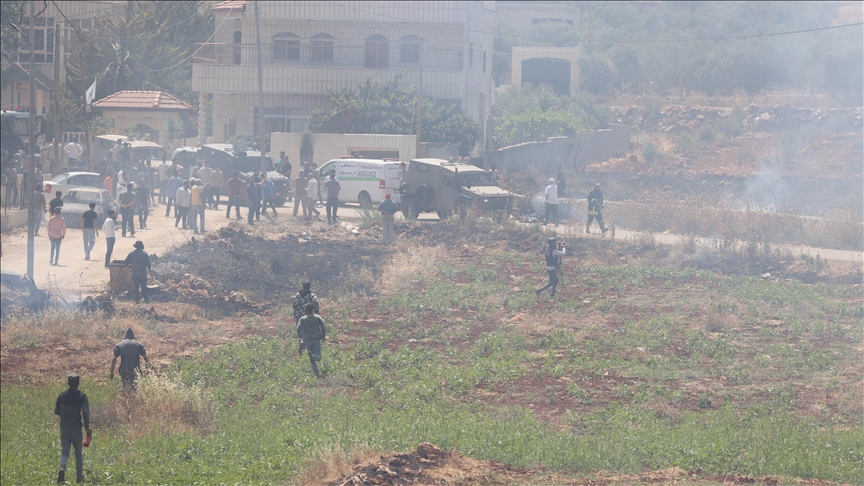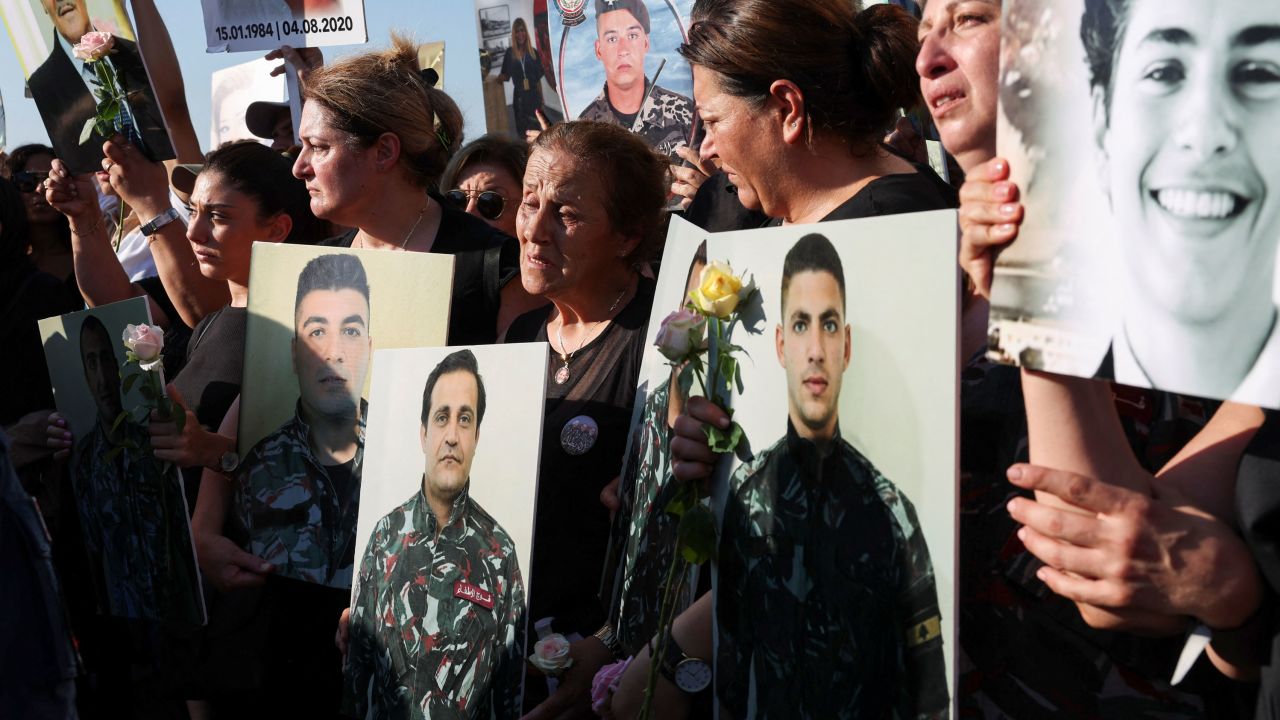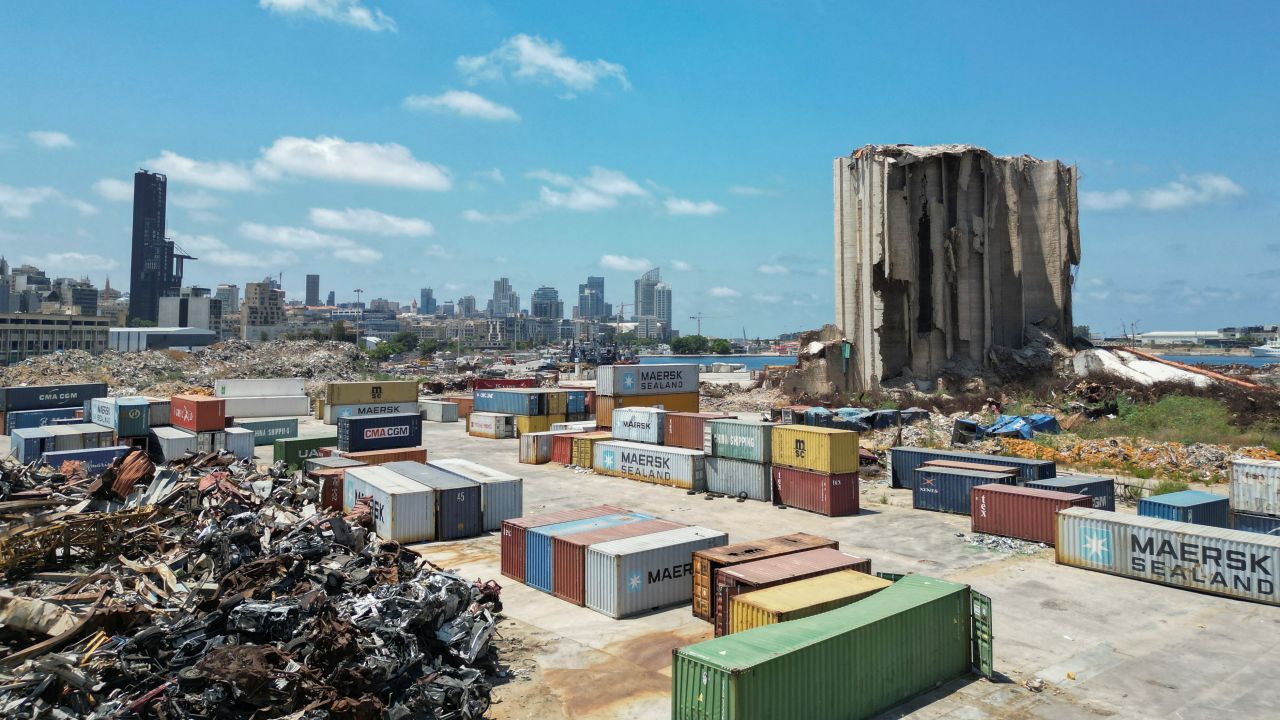Webb telescope captures iconic Ring Nebula in unprecedented detail
By Ashley Strickland, CNN
Fri August 4, 2023


The Ring Nebula is seen in breathtaking detail, in a composite image released on August 4
.NASA/ESA/CSA/JWST Ring Nebula Team
CNN —
Astronomers have used the James Webb Space Telescope for a fresh perspective of an iconic celestial favorite called the Ring Nebula.
The new image captures never-before-seen details within the colorful nebula, located in the Lyra constellation about 2,600 light-years from Earth.
The structure of the Ring Nebula can be glimpsed through amateur telescopes and has been observed and studied for years.
The planetary nebula, which despite its name has nothing to do with planets, is home to the remnants of a dying star as it releases the bulk of its mass.
Planetary nebulae usually have a rounded structure and were so named because they initially resembled the disks from which planets form when French astronomer Charles Messier discovered the first one in 1764.
“I first saw the Ring Nebula as a kid through just a small telescope. I would never have thought that one day, I would be part of the team that would use the most powerful space telescope ever built, to look at this object,” said astrophysicist Jan Cami, a core member of the JWST Ring Nebula Imaging Project, in a statement. He is a professor of physics and astronomy at the Western University’s Institute for Earth and Space Exploration in London, Ontario.
“Scientifically, I am very interested to learn how a star turns its gaseous envelope into this mixture of simple and complex molecules and dust grains, and these new observations will help us figure that out.”
The nebula was created as a dying star, called a white dwarf, began shedding its outer layers into space, creating a complex structure of glowing rings and expanding clouds of gas.
“The James Webb Space Telescope has provided us with an extraordinary view of the Ring Nebula that we’ve never seen before. The high-resolution images not only showcase the intricate details of the nebula’s expanding shell but also reveal the inner region around the central white dwarf in exquisite clarity,” said Mike Barlow, University College London professor emeritus of physics and astronomy and colead scientist of the JWST Ring Nebula Imaging Project, in a statement.
“We are witnessing the final chapters of a star’s life, a preview of the Sun’s distant future so to speak, and JWST’s observations have opened a new window into understanding these awe-inspiring cosmic events. We can use the Ring Nebula as our laboratory to study how planetary nebulae form and evolve.”
Stellar life history and chemical makeup
The star’s radiation interacts with the elements that have already been released, causing them to glow. Each chemical element creates a specific color, allowing astronomers to study the evolution of the star.
And astronomers still have questions about the different processes that take place within planetary nebulae.
“The structure in this object is incredible, and to think that this is all created by just one dying star,” said astrophysicist Els Peeters, a core member of the JWST Ring Nebula Imaging Project, in a statement. She is a professor of physics and astronomy at Western’s Institute for Earth and Space Exploration.
“Beyond the morphological treasure trove, there is also much information on the chemical makeup of the gas and dust in these observations. We even found large carbonaceous molecules in this object, and we have no clear idea how they got there, yet.”
Observing the universe with the James Webb Space Telescope


